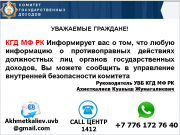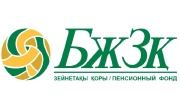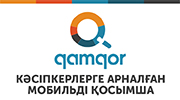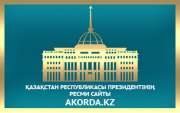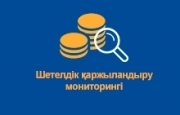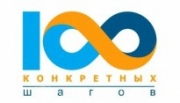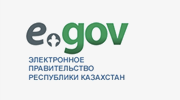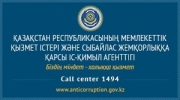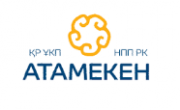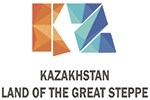- +Departments by region
- Astana
- Almaty
- Ulytau Region
- Zhetysu Region
- Шымкент
- Abay region
- Akmola region
- Aktobe region
- Almaty region
- Atyrau region
- East Kazakhstan region
- Zhambyl region
- West Kazakhstan region
- Karagandy region
- Kostanay region
- Kyzylorda region
- Mangistau region
- Pavlodar region
- North Kazakhstan region
- South Kazakhstan region
Date of publication: 04.04.2024 08:38
Date of changing: 04.04.2024 09:57
International webinar on the topic of the Multilateral Instrument (MLI)
From 27 to 29 March 2024, the Regional Tax Center of the Training-Methodical Center of the State Revenue Committee of the Ministry of Finance of the Republic of Kazakhstan in the framework of cooperation with the Asian Development Bank (ADB) is holding a webinar on "Multilateral Instrument (MLI)" with the participation of regional representatives of state revenue authorities of the SRC MF RK.
The webinar session started with a welcoming remark by Mr. Genadiy Rau, Senior Economic Specialist of ADB's Representative Office in Kazakhstan, where he emphasized that this webinar will give the participants an opportunity to improve their knowledge and skills to improve tax administration.
On the Kazakhstani side, the Deputy Head of the Non-Resident Taxation Division of the Large Taxpayers Department of the State Revenue Committee of the Ministry of Finance of the Republic of Kazakhstan - Bakytbay Sailaubayevich Kopbasarov made a speech. Bakytbay Kopbasarov noted in his speech the relevance of the implementation of measures to counteract the erosion of the tax base, as well as tax evasion.
The purpose of the webinar is to provide experience and expand participants' knowledge in the implementation of the Multilateral Convention, as well as in the area of tax treaty law and multilateral tax instruments.
The lecturer for the webinar is Vikram Chand, Professor of Tax Law and Policy, ADB International Tax Consultant.
The webinar covers issues such as the Multilateral Instrument (MLI) provision on the misuse of tax treaties, artificial avoidance of permanent establishment status, and improving dispute resolution.
Participants are actively interested in issues related to the inappropriate use of tax treaties, combating the abuse of dual residence of legal entities and dividend transfer transactions.
This event provides an opportunity for participants to deepen their understanding and share their experiences in complying with internationally agreed standards on tax transparency, protecting against aggressive forms of tax planning known as tax base erosion and profit shifting.














